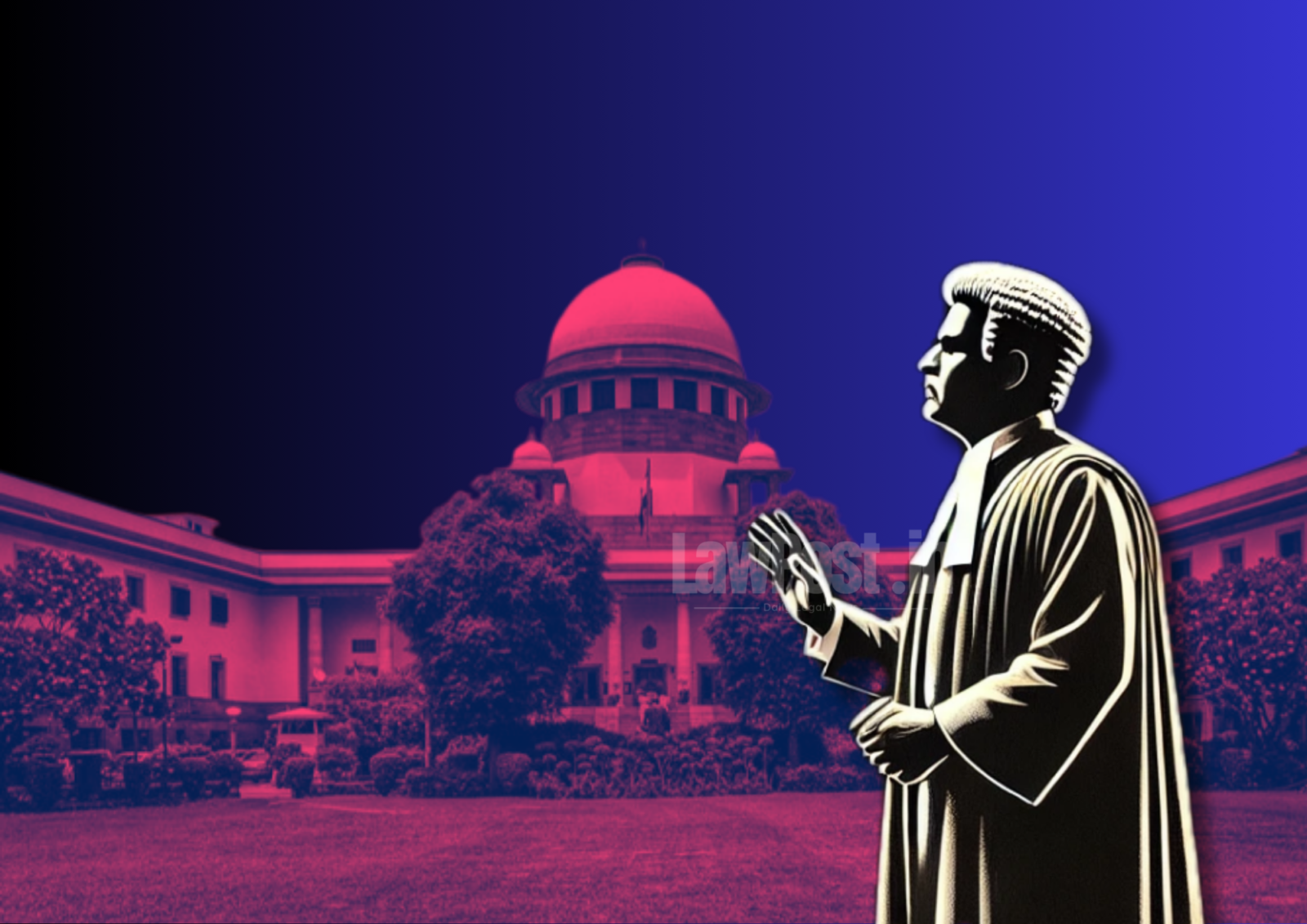In a significant move to address the growing backlog of criminal appeals in High Courts, the Supreme Court is contemplating relaxing certain conditions for the appointment of ad-hoc judges. A Special Bench comprising Chief Justice of India (CJI) Sanjiv Khanna and Justices BR Gavai and Surya Kant indicated on January 21 that it may modify its April 2021 judgment in Lok Prahari v. Union of India regarding ad-hoc judge appointments under Article 224A of the Constitution.
The Court’s primary concern is the mounting pendency of criminal appeals, particularly in High Courts such as Allahabad (63,000 pending appeals), Jharkhand (13,099), Karnataka (20,000), Patna (21,000), Punjab and Haryana (21,000), and Rajasthan (8,000). With the number of pending criminal appeals per judge reaching alarmingly high levels, the Court is considering measures to speed up the judicial process.
Under the existing framework, ad-hoc judges can only be appointed when vacancies exceed 20% of the sanctioned strength, as outlined in the 2021 judgment. The Court had also warned against the routine use of ad-hoc judges, stressing that they should not replace regular appointments. However, acknowledging the severity of the situation, the Supreme Court is now contemplating relaxing the 20% vacancy condition to expedite the appointment of ad-hoc judges.
CJI Khanna explained that criminal appeals typically heard by Division Benches may be addressed by a bench consisting of a regular single-judge and an ad-hoc judge. The Bench also sought the views of Attorney General R. Venkataramani on whether ad-hoc judges can sit in Division Benches for criminal appeals, with a hearing scheduled for January 28.
Highlighting the urgency, CJI Khanna noted, “There is acute pendency of criminal appeals in some High Courts… the pendency per judge is very high in some High Courts.” He added, “We have to modify and put in abeyance that part of the Lok Prahari judgment which says that unless 80% vacancy is filled, an ad-hoc judge cannot be appointed.”
The Supreme Court’s move is seen as a necessary step to address the judicial bottleneck and ensure timely justice in the face of a large backlog in criminal cases.
Case: Lok Prahari vs Union of India – Available on LAWFYI.IO








